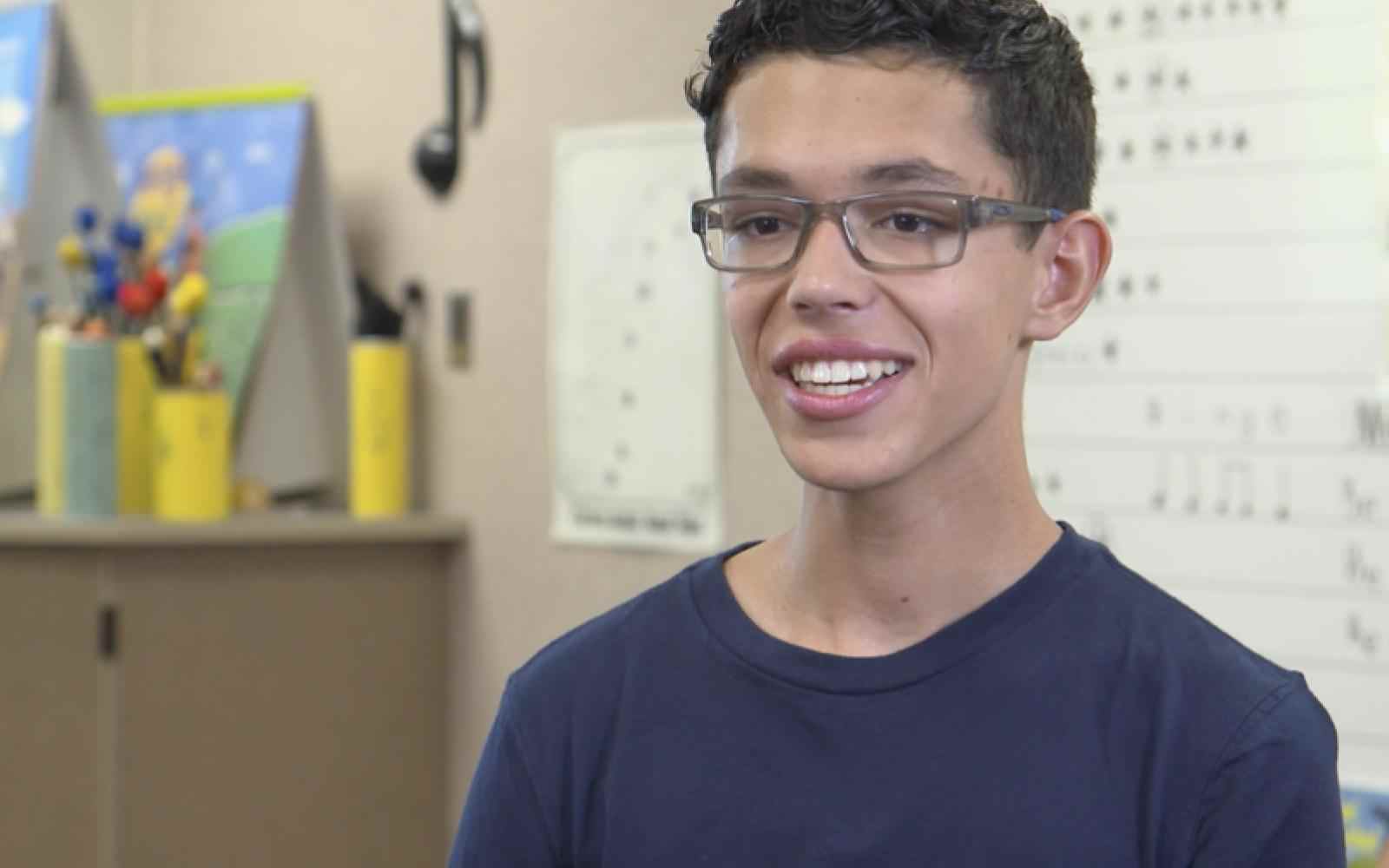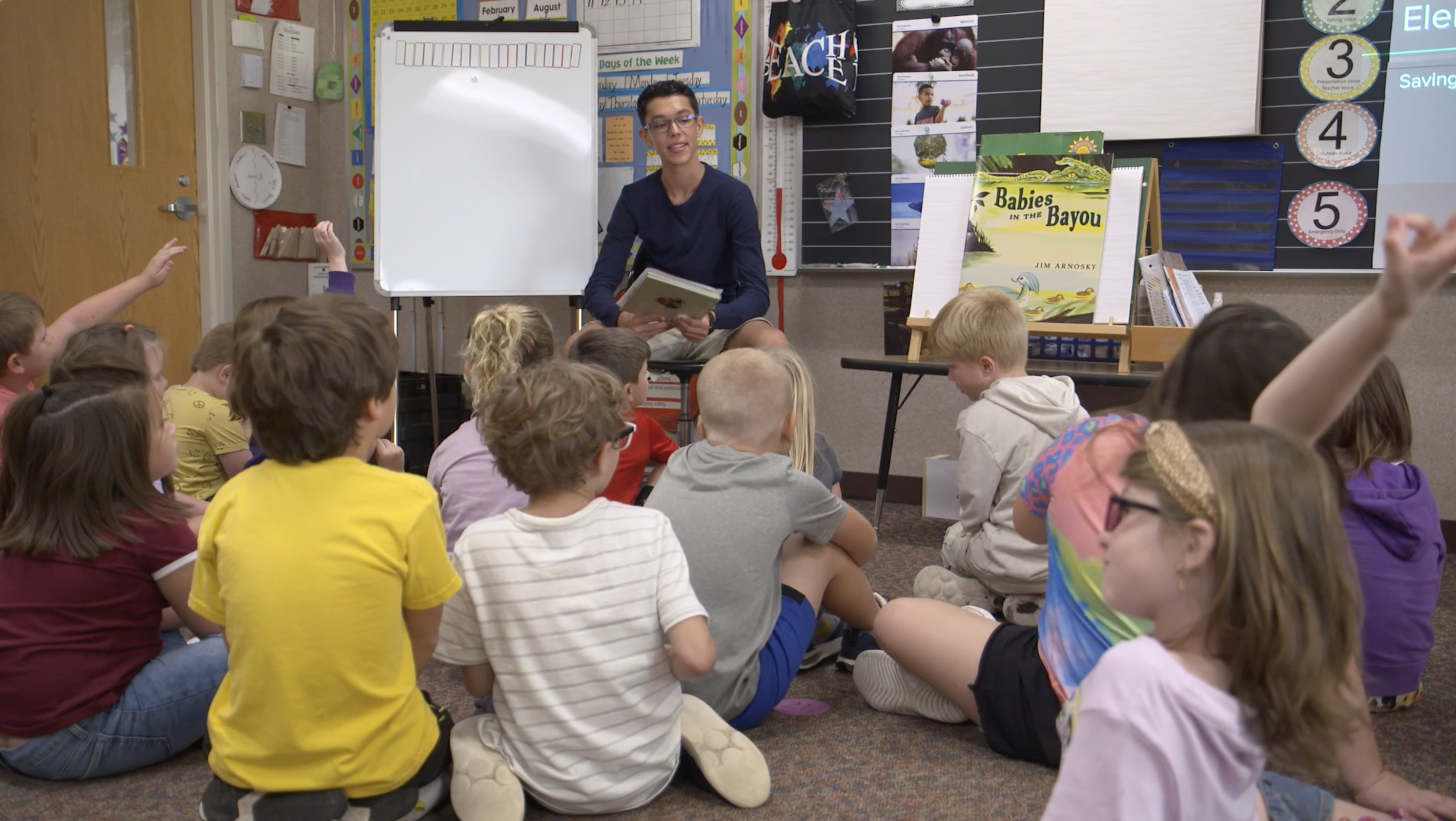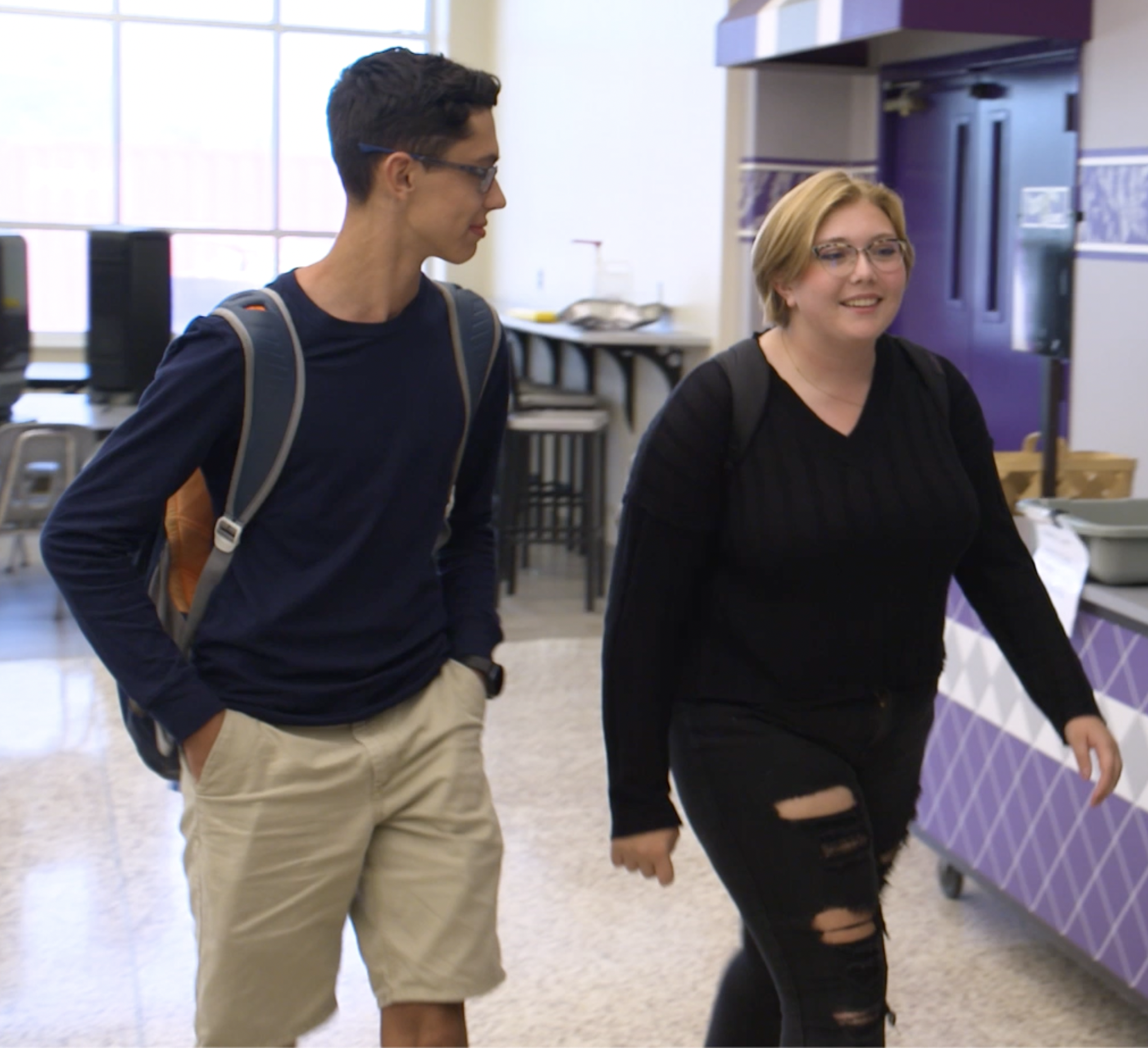Making Financial Education Accessible

Making Finance Inclusive
Isaac first realized something needed to change when he began to notice the economic disparities in his rural Indiana community. Some classmates had money to spend; others really did not. Confronted with this imbalance, Isaac began to investigate how peer education could power financial inclusion.
“My lightbulb moment was less about the education and more about the inequality in my community,” Isaac shared. “I thought to myself, ‘what can I do to try to combat economic disparity?’”
First, he did the research, discovering that 35 states don’t require personal finance - meaning that at least 11.9 million students don’t get to learn about personal finance. So he created Students Teaching Finance (STF) to fill that gap, offering an open-source curriculum of fun, engaging financial literacy content - covering topics such as compound interest and supply and demand - that can be tailored to different age groups. STF then teaches high-school-aged students how to lead classes on these topics for their younger peers.
"Empathy is at the root of Students Teaching Finance," Isaac explained. "People just struggle with their finances and personal finance. It's a common thing."
The How: Collaborative Classrooms

From the beginning, STF has been a collaborative effort. When creating the curriculum, Isaac talked to two dozen people in his community and around Indiana, including adult allies such as his teachers and financial experts from Indiana universities. Looking back, Isaac credits his teachers with giving him the space to start STF and experiment with the course content.
“Teachers have been the integral aspect of Students Teaching Finance,” Isaac said. “In terms of not only getting them on board for allowing us to go in and teach their classes for 45 minutes, but also in the development of the curriculum.’’
Now, STF passes on the knowledge to other young people, activating high-school students as changemakers who lead financial literacy classes for their younger peers. His teammate Grace said, "the community outreach is something I'm really proud of. ... What we are doing is really important and we're giving kids the skills to learn and create something for the future."
STF has already reached over 550 students and is now seeding chapters in multiple other states. Isaac is now focused on giving other young people the tools they need to share the programming. He has built this with colleagues and co-builders, an integral part of his ability to grow his initiative.
“I think it's really important to have a team, especially when you are creating something and you have different aspects of this nonprofit,” his colleague Grace shared. “So, Isaac mainly focuses on presenting and talking to people, while I do some of the behind-the-scenes stuff.”
“Teamwork is probably the only reason Students Teaching Finance exists,” Isaac added. “Because I can't do it on my own. I'm not an expert in anything, but by consulting teachers, by consulting education experts and financial experts, I hope to find the confluence between these three things and create a program like Students Teaching Finance and then using a team, working on disseminating the curriculum and the chapters around everywhere.”
The Why: Our World Needs Changemakers

Isaac’s recipe for changemaking is simple: recognize an issue, research a solution, and activate a team of other changemakers around it. And Isaac wants other young people to know that they also have the power to make change. “Just recognize a problem and come up with a solution for how you can combat it. Whether it's an inequity, whether it's something to do with the environment, whether it has something to do with anything truly that's a problem in your community or other communities,” is his advice.
Isaac believes that more young people making positive changes is key to a better future for all. “Being a changemaker matters because frankly, our world needs change in all sorts of ways," he expressed. "I think having a changemaker mindset and being willing to activate others and take action in your community is truly imperative to move society forward.”
This story is part of the Time for Change series.